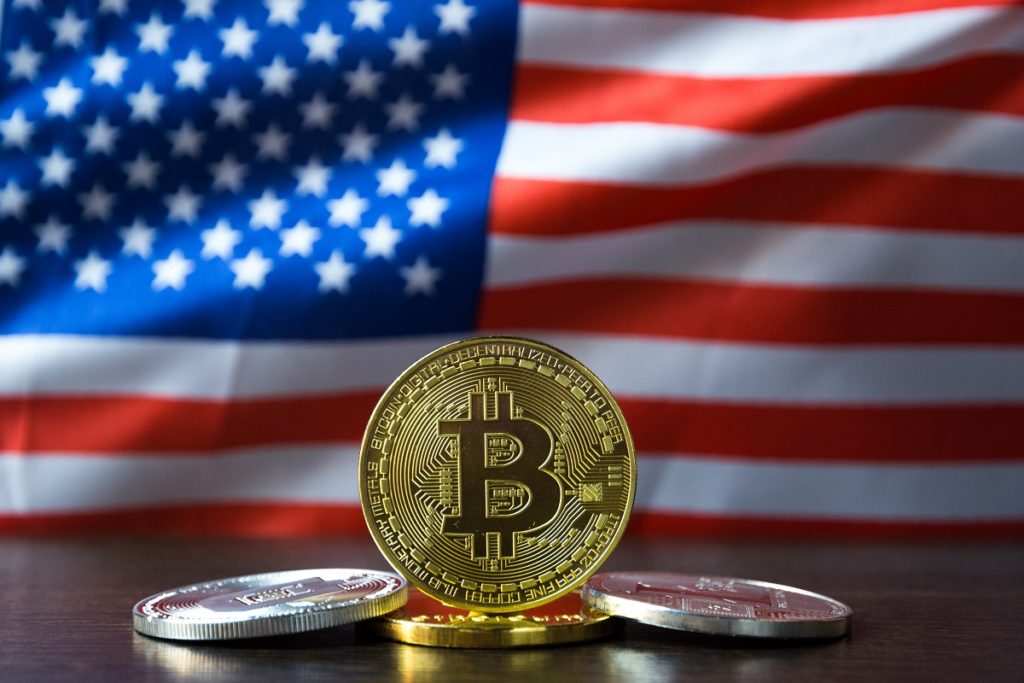
Proposed bill contains intrusive tax collection methods that would hinder productivity.
The recent surge in bitcoin adoption is not surprising given the poorest and least stable countries around the globe. Because bitcoin gives access to a global monetary network that is open and predictable, it benefits the poor and underprivileged in a significant way.
While the U.S. has seen significant bitcoin investment and interest since its inception it is safe to say that most Americans don’t know much beyond what mainstream media headlines or FUDsters are saying.
This is contrary to America’s usual desire for technological progress, but it makes sense. The U.S., as the world’s reserve currency is in a unique position to offer wide financial services and stable infrastructure to its citizens. They rarely need to transfer money out of this ecosystem.
The average American does not feel any pressure to leave the bank he or her has used for many years and move on to pseudo-decentralized platforms. Most Americans have not witnessed repeated defaults such as those in Argentina.
Many Americans are not subject to the risk and high fees associated with sending money via legacy international money transfer services such as Western Union. The despair that comes with a collapsed currency like the one in Zimbabwe or Venezuela is not something Americans are familiar with.
Most Americans don’t understand what it is like to see the currency they use every day magically appear, only for it to then be given away to citizens of a different country. It is understandable that the U.S. media and unassisted Americans view bitcoin as a speculative investment. Because the U.S. financial system has yet to provide them with reason to, they don’t see its true purpose.
This could soon change. The recently proposed $3.5 trillion budget reconciliation legislation may give Americans reason for considering alternative financial practices. The budget reconciliation bill proposes unprecedented tax compliance steps that would drastically change the financial landscape of many Americans, despite being extraordinary in scope and size.
The bill, as it stands now, requires banks and financial third parties to report to Internal Revenue Service net inflows or outflows on accounts with a minimum $600 annual transaction or account values of $600 or greater. These measures may be intended to reduce tax evasion by wealthy people, but they will almost certainly have second- or third-order effects for those less fortunate, including small businesses and everyday citizens.
Although many Americans have access to reliable banking services, the proposed methods of enforcing taxes compliance will have a dramatic impact on banks’ ability to do their jobs efficiently. This could threaten their ability to offer affordable products and services to those who are unable to afford them.
In addition to adding red tape to an already overburdened banking industry, the increased reporting requirements will be undoubtedly a burden. Higher operating costs will force banks and institutions to charge more to their customers, making it harder to access the basic financial services of the future.
But, approval would allow the IRS to collect information about every American bank account worth as low as $600. The IRS will likely examine the account data of many Americans, which is probably why most Americans don’t like banks reporting it. This intrusion into American citizens’ financial privacy may be morally questionable but it poses a huge security risk for the average American citizen.
It’s not easy for large institutions to keep data safe from malicious cyber attackers. Even the most skilled tech professionals in the world have problems keeping data safe. How secure can the public sector be expected to be? There are too many government breaches to mention, but let’s not forget the 2015 breach in which 700,000. IRS accounts were compromised.
Whatever the final outcome of the budget reconciliation bill in 2021, the mere fact that popular support exists for intrusive financial surveillance and reckless fiscal policy demonstrates how desperate we have become to continue a system that is reaching its breaking point.
The U.S. will continue to embrace modern monetary theories – spending excessively, stimulating the economy endlessly, and raising taxes – in order to reduce taxable activity.
This will also help it collect the revenue necessary to fund the policies that introduced these problems. The potential for extensive financial surveillance puts Americans in a difficult predicament.
They will be motivated to find a better way than those in similar situations around the globe. Bitcoin is an escape hatch in a system that is showing some cracks, as many have discovered. The adoption process is only beginning.
